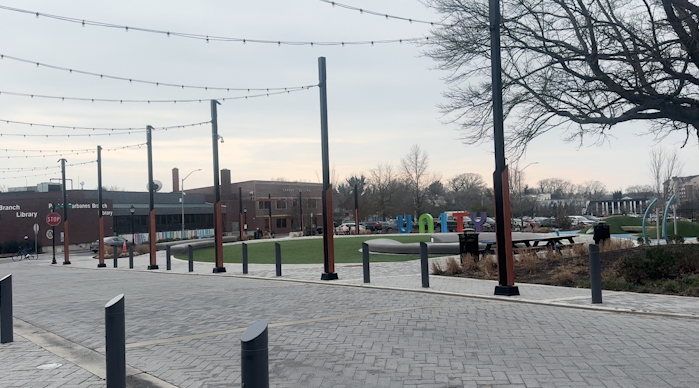DSAMH Opioid response briefing highlights community organization grants
DELAWARE- The Delaware Health Social Services Division of Substance Abuse and Mental Health is announcing a sharp rise in the state’s opioid deaths, with the numbers being greatly concentrated among the first states’ Black, Latino, and homeless populations.
The state says that 338 suspected overdose deaths have already taken place as of August compared to 331 in total in 2022.
“We saw a 66% jump from last year to this year when the year prior to that we had seen only a 19% increase. And so when we see those types of trends, we pay attention. And we really wanted to let the data lead to some investments and interventions for communities of color,” said DSAMH Director Joanna Champney.
Chamney tells 47ABC that the Division has been stepping up a partnership and grant opportunities for organizations that already work with these populations they are difficult for the state to interact with, especially where a language, culture, and messaging barrier may exist.
“We want the message of opioid awareness to be culturally appropriate and effective to spread the word out about the dangers of these dependencies,” Champney said citing large populations in Laurel, Mislboro, and Dover that may have a language barrier to internalizing the existing department messaging and outreach efforts.
As part of the panel, eight organizations that received Health Equity Advancement Project grants of up to 15,000 each spoke to the impact and reach they are able to have, from preventative messaging from a local Physical Therapy clinic to The Peaceful Place, a healthcare clinic in Dover that focuses on LGBTQIA patients.
The Peaceful Place’s Director tells 47ABC that they work with a community that has a distrust of the medical system and have taken steps to make patients feel at ease, so as to give preventative and interventional care for those with drug issues.
“We worked hard with our grant funding to make sure that over the phone even at that first point of contact patients are being called by their preferred name, and gender,” said Director Ericka Daniel.
Daniel tells us they are working with this community that is even more at risk of turning to drugs to cope, by making sure inadequate healthcare is not the reason they start abusing drugs to cope.
“When people don’t feel heard or valued, a lot of times what they do is self-medicate, and so if we’re our intention is to keep people from self-medicating, then we want to make you feel like you are as valuable as anyone else and call you by what you want to be called and refer to you in the way you want to be referred,” she said adding that “We’re lucky enough to be able to provide on-site inpatient medicated assisted treatment. So for us, that kicks into our case manager, our drug and alcohol counselor, who are all on staff and were in positions that were supported through our grant award,” she said.
Champney says they are also working to help organizations subsidize the costs of treatment to their patients, making sure that costs don’t prevent treatment or prohibit access to state resources.
“We are able to fund clients’ basic needs around housing and food and security and other things that they may need so providers can apply for a recovery scholarship on behalf of their client,” she said.
She tells us future programs may look to further target the 3,000 homeless in Delaware with aid and intake as more organizations become involved in the grant initiatives.


